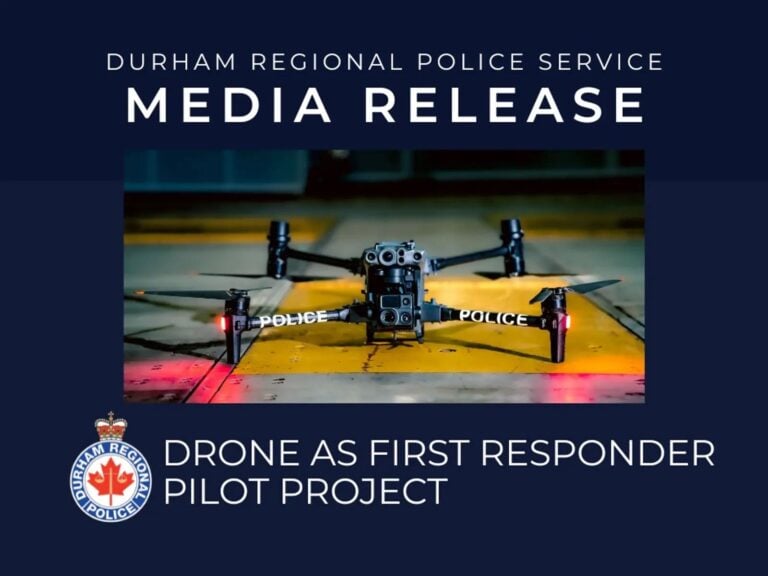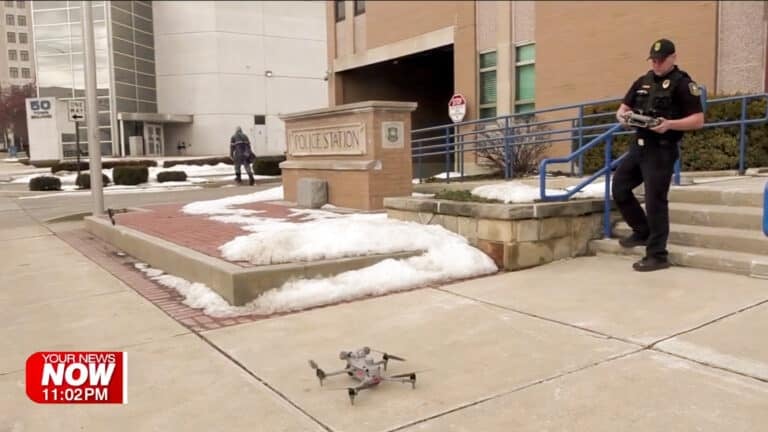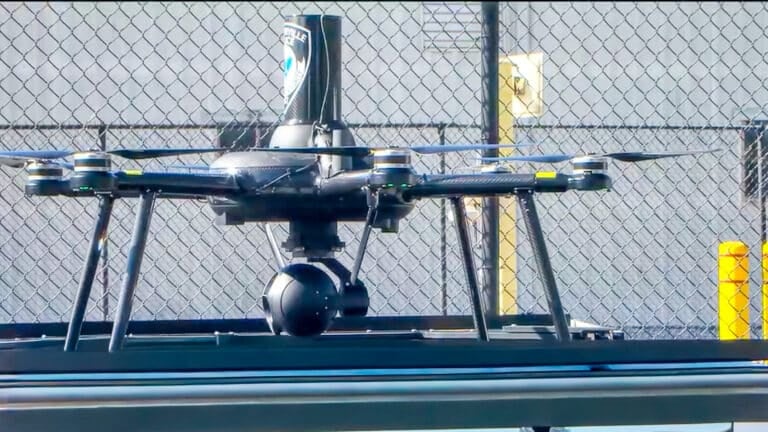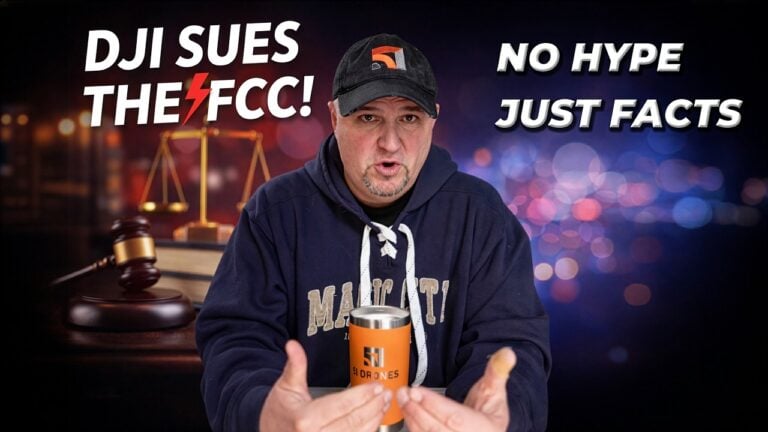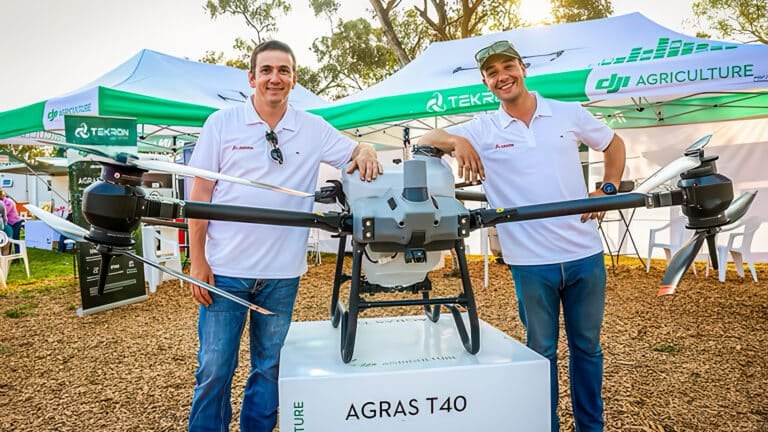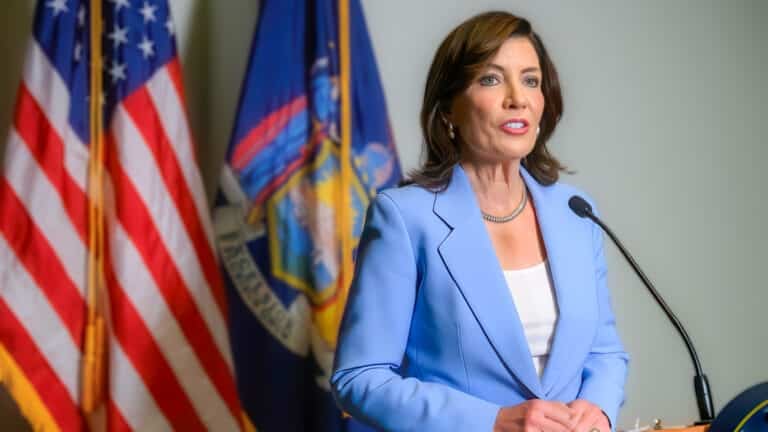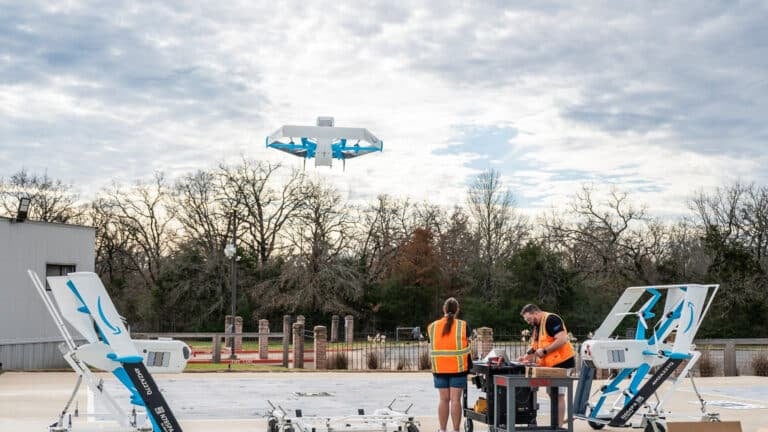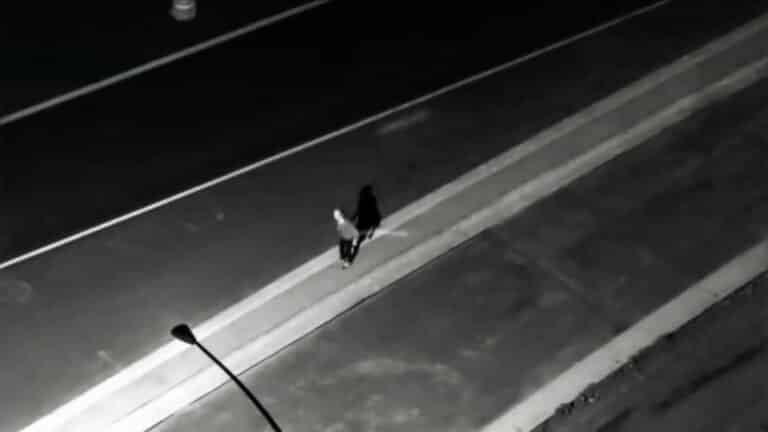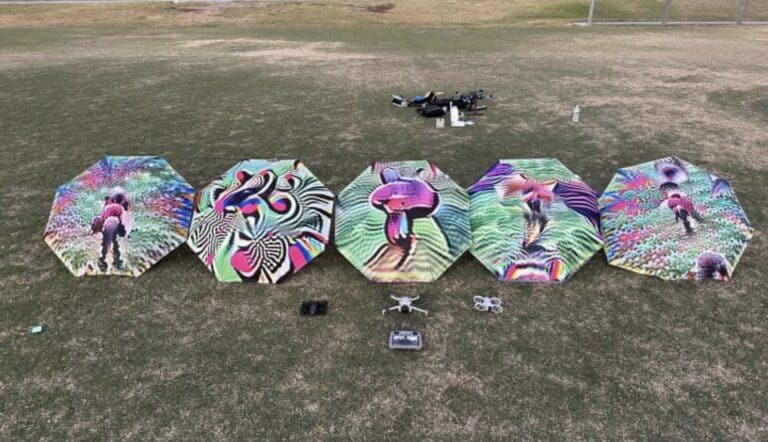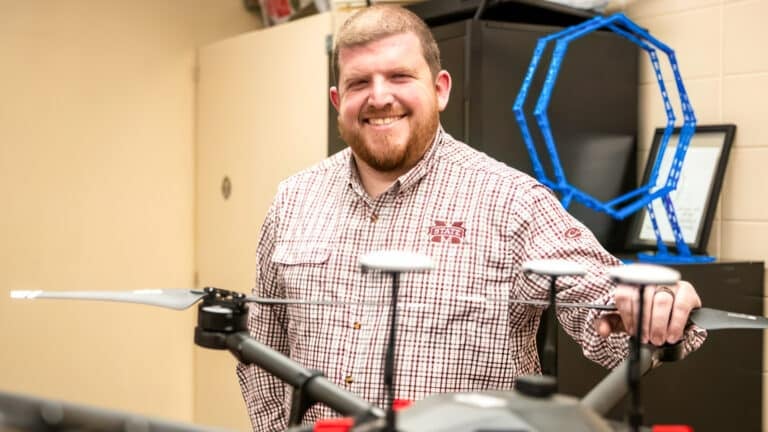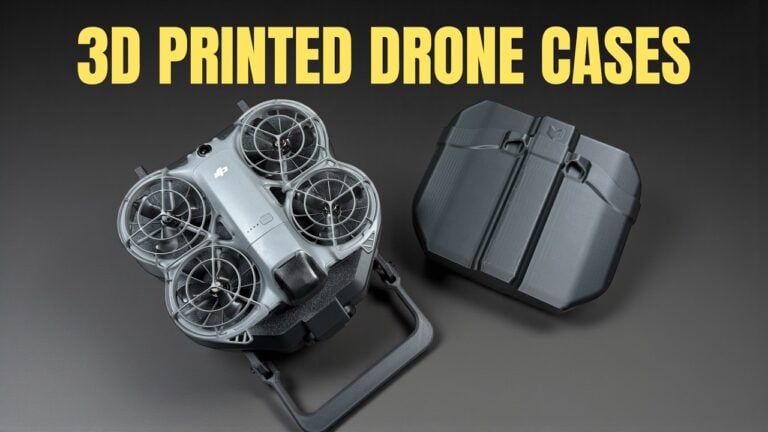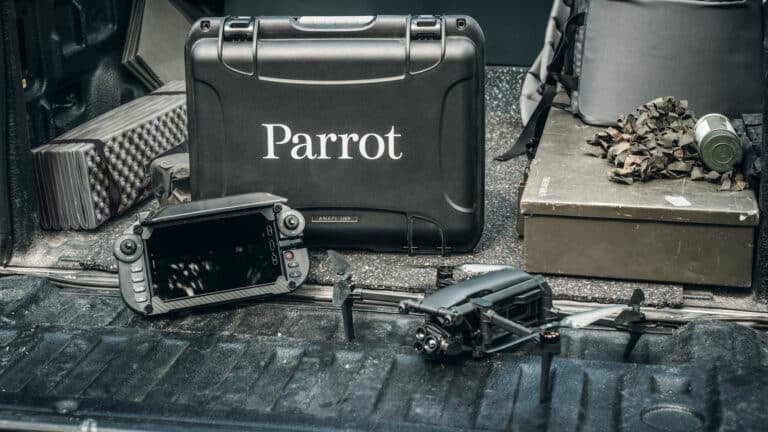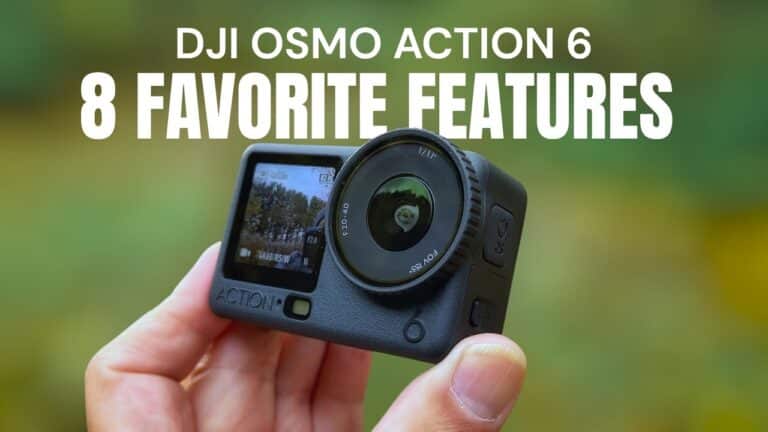Insurance Drones in Massachusetts Are Secretly Inspecting Your Home
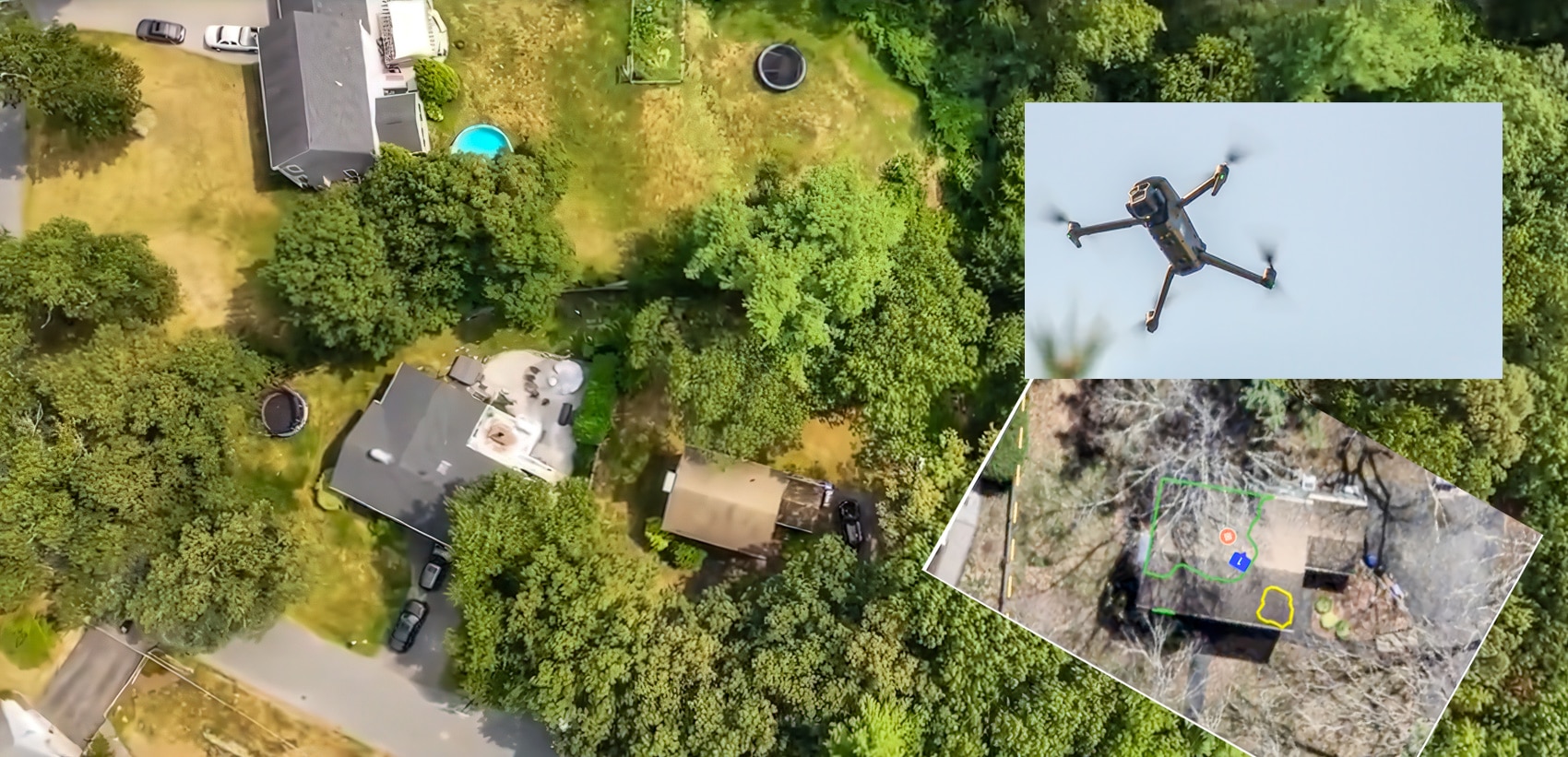
Check out the Best Deals on Amazon for DJI Drones today!
Imagine you’re in your backyard, enjoying a quiet Saturday. You look up and see a drone hovering over your property. As a droner, your first reaction might be curiosity. But what if that drone isn’t a hobbyist? What if it’s from your insurance company, secretly creating a file on you, and you didn’t even know it? MoneyWise inspected this in an article.
This isn’t a hypothetical scenario. A growing number of insurance companies in the US are now using drones to conduct property inspections without the homeowner’s knowledge or consent. They are looking for reasons to raise your rates or even cancel your policy, and it’s raising some massive red flags about privacy.
The Eye in the Sky Has a Policy Number
Here’s how it works. Instead of sending a human inspector, who would have to knock on your door, insurers are hiring “insurtech” companies to do the work from the air. These companies fly drones over neighborhoods, capturing high-resolution images of properties.
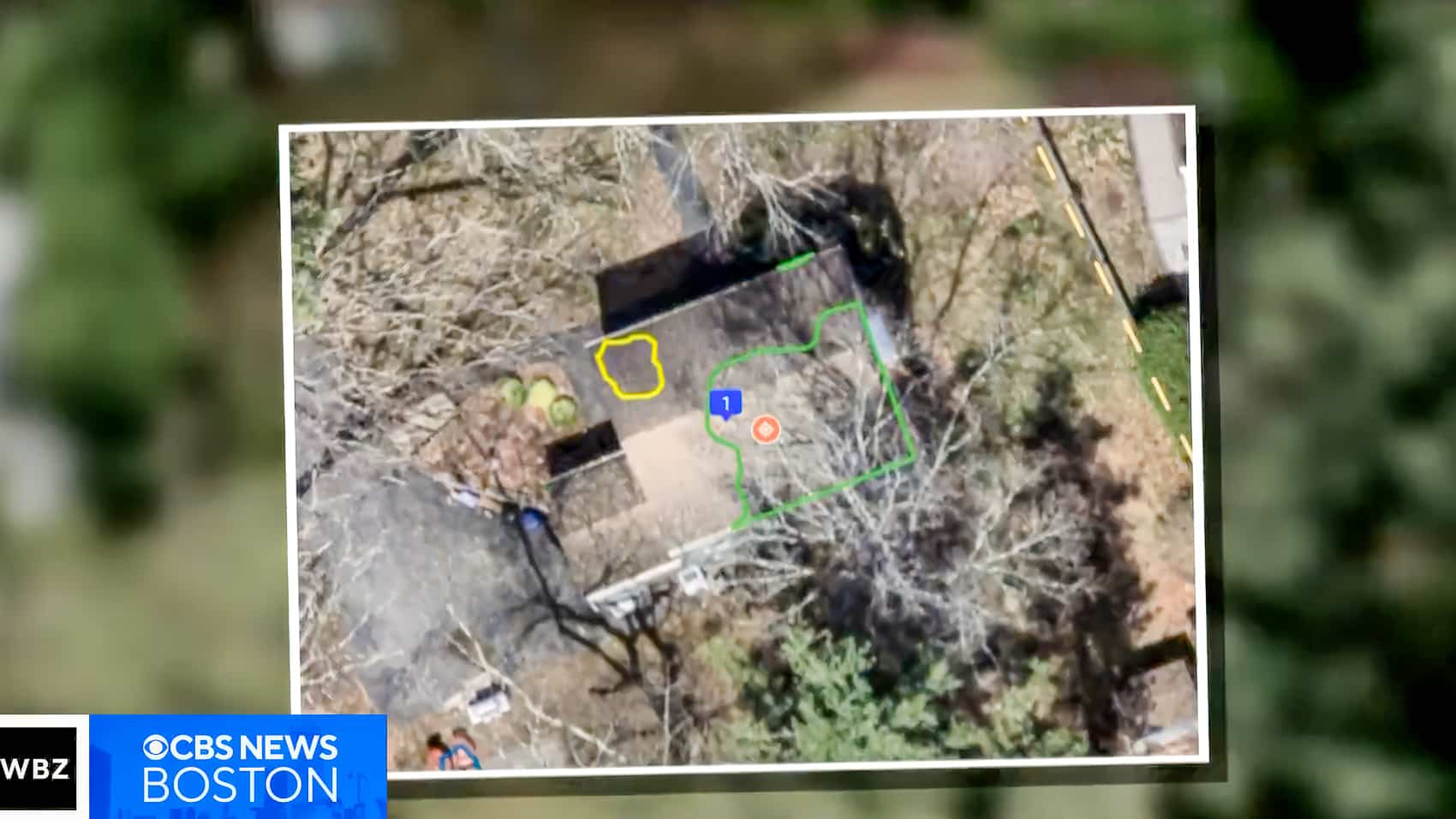
This could be a few loose shingles on your roof, tree branches hanging over your house, or even an undeclared trampoline in your backyard. This data is then packaged, sold to the insurance company, and used to create an “insurance score” for your home.
One homeowner in Massachusetts, Lynne Schueler, was shocked to receive a letter from her insurer threatening to cancel her policy.
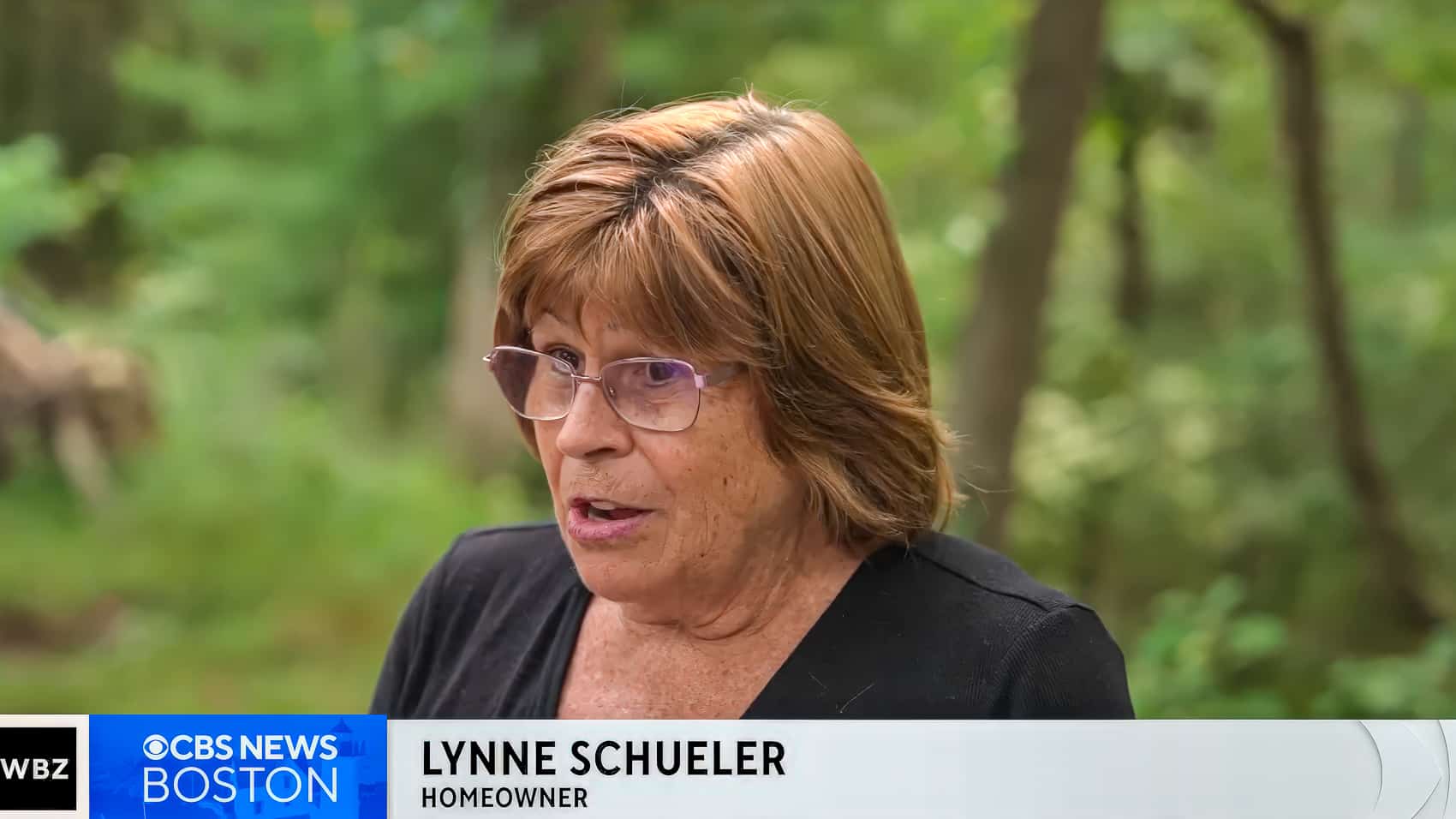
The reason? Drone photos showed tree branches touching her roof. She was given six weeks to pay over a thousand dollars to have them trimmed. She had been a loyal customer for years with no claims. As she put it, the experience felt “very invasive.”
Is This Even Legal?
This is where things get murky. From an FAA perspective, a licensed Part 107 commercial pilot can legally fly a drone over your property, as the airspace is considered public. They cannot, however, fly in a way that is harassing or creates a hazard.
But the legal questions go beyond the FAA. This enters the realm of privacy law, which varies wildly from state to state. While an insurer can’t record the inside of your home without permission, the idea of them systematically photographing your private yard and home exterior without your knowledge feels like a massive overstep to most people. It feels like spying, plain and simple.
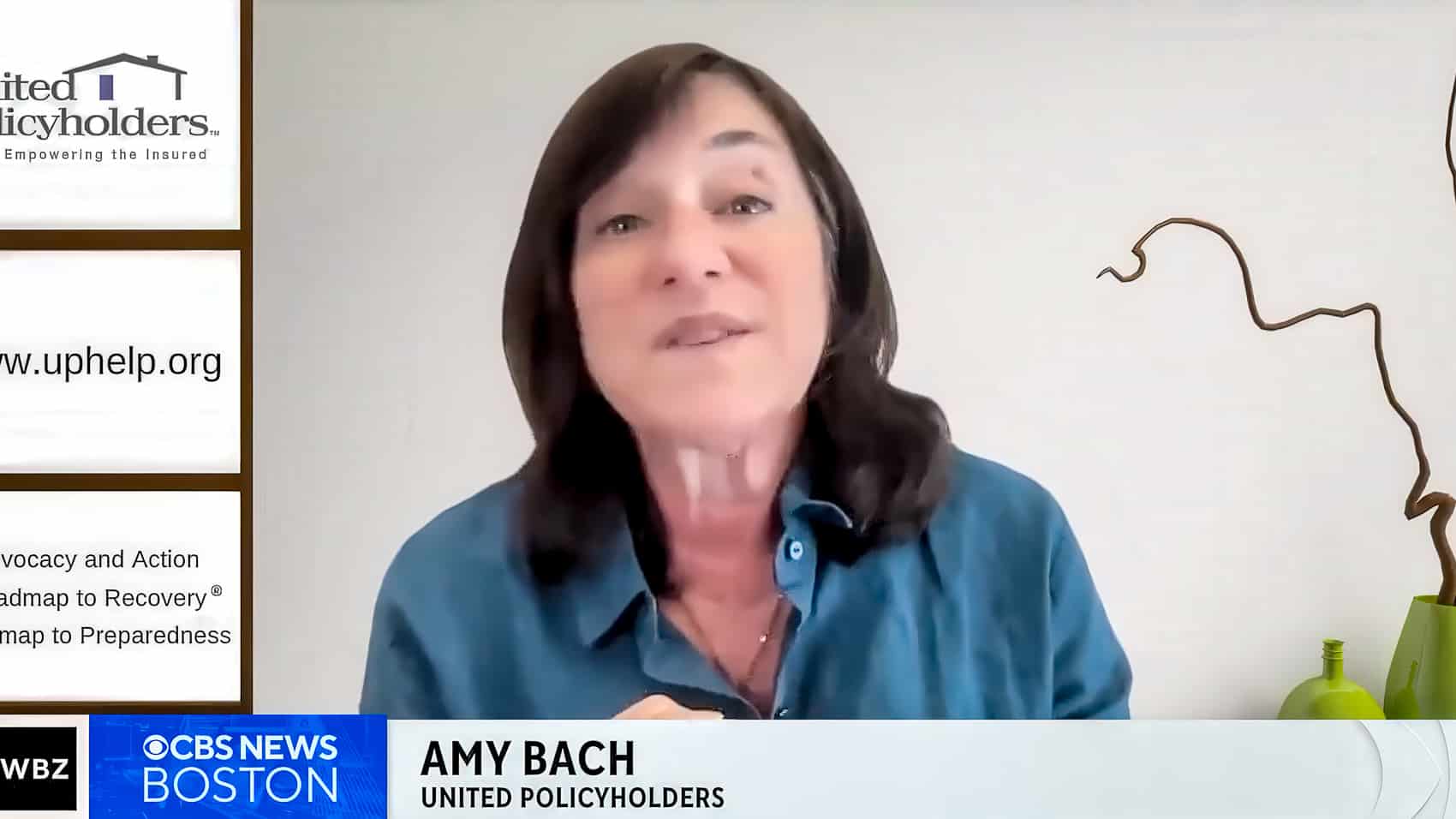
Legislators are starting to take notice. A new bill in Massachusetts, for example, aims to give homeowners the right to see these aerial images, know when they were taken, and have a clear process to appeal any findings.
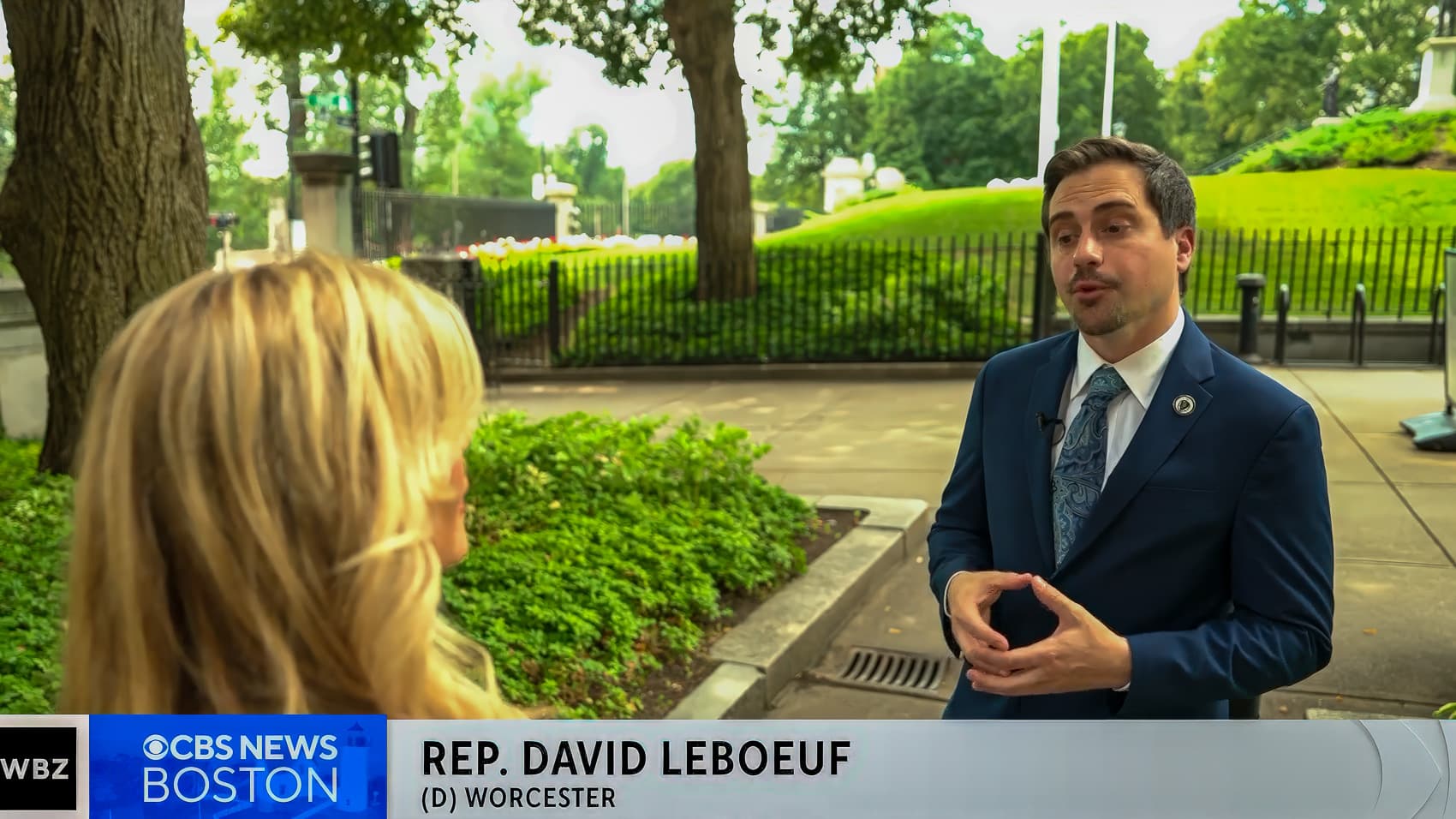
It’s a step in the right direction, but for now, these inspections are happening in a legal gray area.
A Black Eye for the Drone Community
Let’s be clear: this is a legitimate commercial use of drone technology. But the way it’s being done—secretively and without consent—is a huge problem. It reinforces the worst stereotypes about drones being tools for surveillance and gives a black eye to the entire community of responsible pilots.
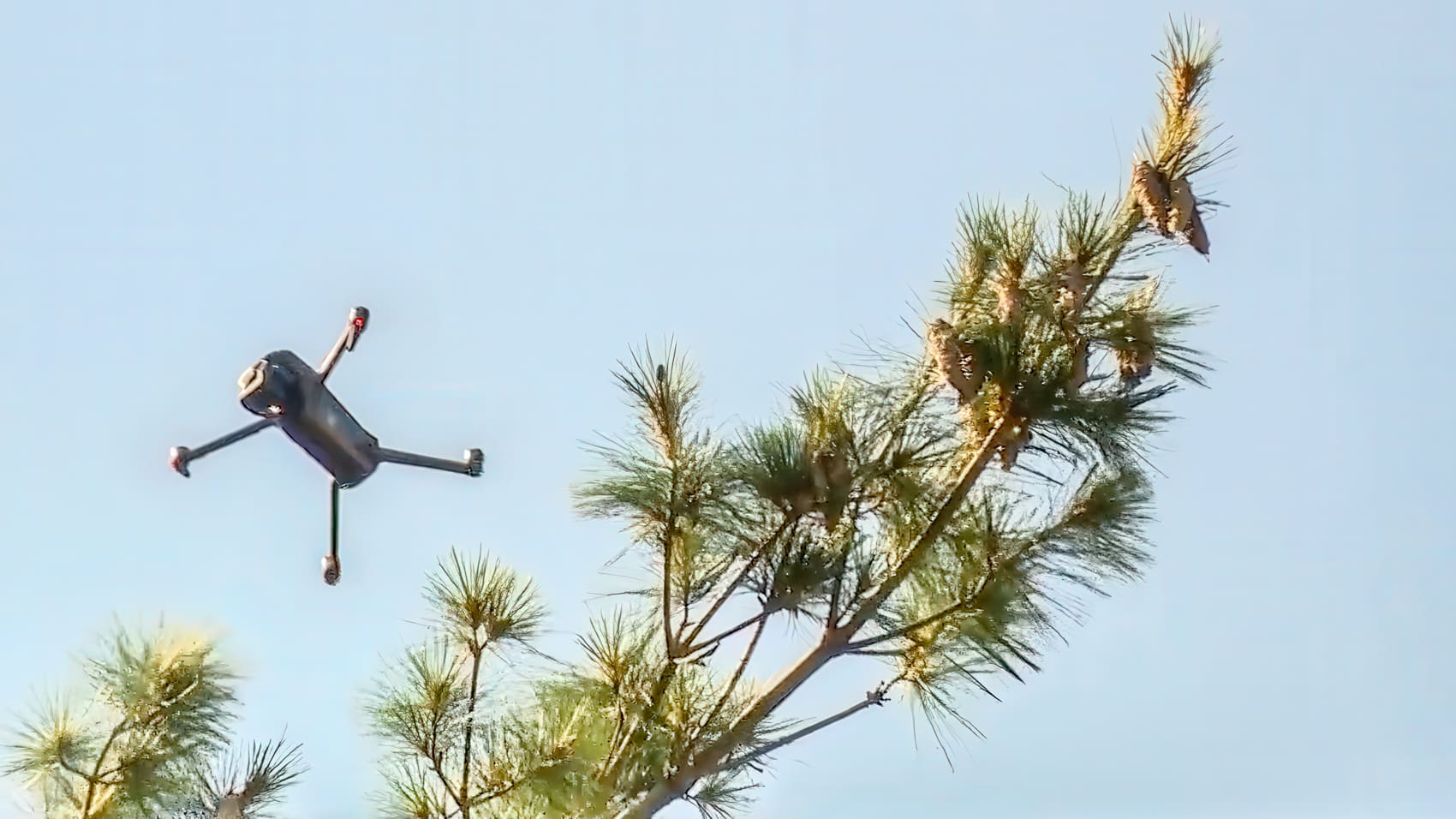
Every time a story like this comes out, it makes our jobs harder. It makes the general public more suspicious and more hostile towards any drone they see in the sky. It leads to calls for draconian regulations that could hurt responsible hobbyists and commercial operators who are doing things the right way.
The DroneXL Take
As a professional who flies drones for a living, this story makes my blood boil. It’s the perfect example of a powerful technology being used in a way that completely disrespects the individual. The core issue here isn’t the drone; it’s the lack of transparency.
If an insurance company wants to inspect my property, fine. Send a letter. Schedule an appointment. Be honest about it. The fact that they are choosing to do this covertly is what transforms it from a practical inspection into something that feels deeply unethical. It erodes trust, not just in the insurance industry, but in drone technology as a whole.
This is a classic case of just because you can do something, doesn’t mean you should. The drone pilots conducting these flights are operating under their Part 107 licenses, but they have a moral responsibility, too. They need to ask themselves if contributing to this kind of secretive data collection is really the right thing to do for our industry.
Ultimately, this is a conversation about trust. And right now, these insurance companies are burning it to the ground. It’s up to us, the community of droners, to be the ambassadors for responsible flight and to call out practices like this that hurt us all.
Photographs courtesy of MoneyWise and CBS News Boston
Discover more from DroneXL.co
Subscribe to get the latest posts sent to your email.
Check out our Classic Line of T-Shirts, Polos, Hoodies and more in our new store today!

MAKE YOUR VOICE HEARD
Proposed legislation threatens your ability to use drones for fun, work, and safety. The Drone Advocacy Alliance is fighting to ensure your voice is heard in these critical policy discussions.Join us and tell your elected officials to protect your right to fly.
Get your Part 107 Certificate
Pass the Part 107 test and take to the skies with the Pilot Institute. We have helped thousands of people become airplane and commercial drone pilots. Our courses are designed by industry experts to help you pass FAA tests and achieve your dreams.

Copyright © DroneXL.co 2026. All rights reserved. The content, images, and intellectual property on this website are protected by copyright law. Reproduction or distribution of any material without prior written permission from DroneXL.co is strictly prohibited. For permissions and inquiries, please contact us first. DroneXL.co is a proud partner of the Drone Advocacy Alliance. Be sure to check out DroneXL's sister site, EVXL.co, for all the latest news on electric vehicles.
FTC: DroneXL.co is an Amazon Associate and uses affiliate links that can generate income from qualifying purchases. We do not sell, share, rent out, or spam your email.




